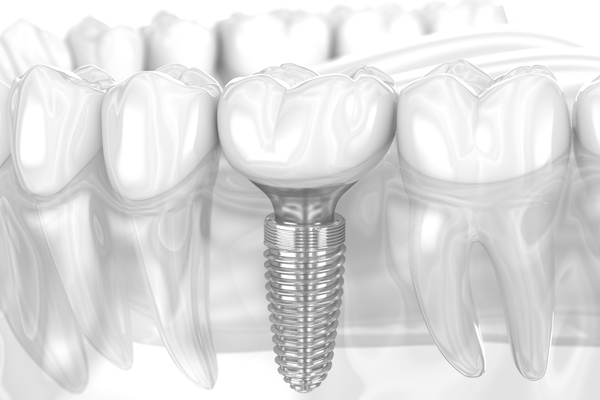Endodontics Treatment for Tooth Pain

Endodontics treatment, which is the treatment of the tooth's inner pulp and structures, is one of the most efficient ways to save decaying or damaged teeth. Many individuals, however, get anxious when they learn they need it. This is mostly due to the widespread misconception that undergoing endodontic treatment is unpleasant. It is incorrect — today's anesthetics are quite effective at numbing pain during procedures, and modest pain medications like ibuprofen are typically enough to treat any discomfort that may arise after.
Endodontics treatment for toothache
A root canal procedure, in reality, alleviates tooth pain resulting from decay. The pulp, which includes bundles of nerves and blood arteries, may get infected as decay progresses. The patient will experience pain and infection once these nerves are attacked. The discomfort might become more severe if the infection spreads to the root canals, which are tunnels in the tooth's roots. The tooth is at risk of falling out because the infection has harmed the root and connective tissues that support the tooth.
If a dentist recommends root canal therapy, the tooth will have a high chance of surviving after it is cleaned and the decay is removed. However, it is important to get the treatment immediately as it increases the chances of a favorable result.
During the endodontic treatment, the dental professional will reach the pulp by drilling a tiny access hole on the biting surface or the back of a front tooth. They will remove any contaminated or infected tissue once they reach the pulp chamber. To avoid future infection, they will disinfect the empty chamber and canals and fill the space with a specific filler (typically gutta-percha) after a thorough cleaning. The access hole is then sealed. The dentist will suggest that a permanent crown be placed over the treated tooth at a later appointment to ensure further protection against tooth deterioration.
What to expect after an endodontic treatment
The nature of the issue and its severity will determine how a patient feels after endodontics treatment. Most endodontic treatments are performed as outpatient procedures (meaning patients can return home afterward). Following a root canal procedure, minor pain may occur. Some individuals can return to their routine the same day.
For a few days following the treatment, the tooth may feel sore. The dentist may recommend medications to relieve pain, combat infection, or aid healing. It is important to follow the dentist's advice to ensure that the tooth recovers properly.
The bottom line
A strong or chronic toothache might seem like it takes over your life until you get it addressed. If left untreated, it may potentially be dangerous to your health. The dentist will identify the cause of tooth discomfort, such as infection. Many patients benefit from endodontics treatment since it relieves their tooth discomfort for good. It also can help you keep your natural tooth. If you are experiencing persistent tooth pain, make an appointment with our dental office to explore your treatment options.
Request an appointment here: https://www.gatewaydental.org or call Gateway Dental Dr. William Swann DDS at (301) 485-7492 for an appointment in our Bowie office.
Check out what others are saying about our services on Yelp: Endodontics in Bowie, MD.
Recent Posts
Teeth whitening is one of the most popular cosmetic dental procedures. Many individuals explore various teeth whitening options to improve the brightness of their smile. When deciding between take-home teeth whitening trays and over-the-counter products, it is important to understand how each works and the long-term results you can expect from each option.Take-home whitening trays…
Tooth implants have become a popular replacement option for individuals with missing teeth. Also known as dental implants, this replacement option is one that requires a semi-invasive oral surgery. The term oral surgery often sparks fear in individuals due to the potential for pain; however, what is important to know is that tooth implants are…
Tooth extraction is a common dental procedure that may be necessary for various reasons, including decay, infection, or overcrowding. After undergoing a tooth extraction, it is crucial to follow proper care instructions to ensure a smooth and successful healing process. Understanding the dos and don'ts after a tooth extraction can help prevent complications, reduce pain,…
Over time, individuals who wear dentures may experience a need for denture repair. The mouth changes, and normal wear and tear can occur, which often results in a need for a rebase or a reline. Individuals who have a damaged or broken denture should consult with a general dentist to determine what the problem is.…


